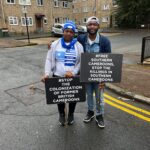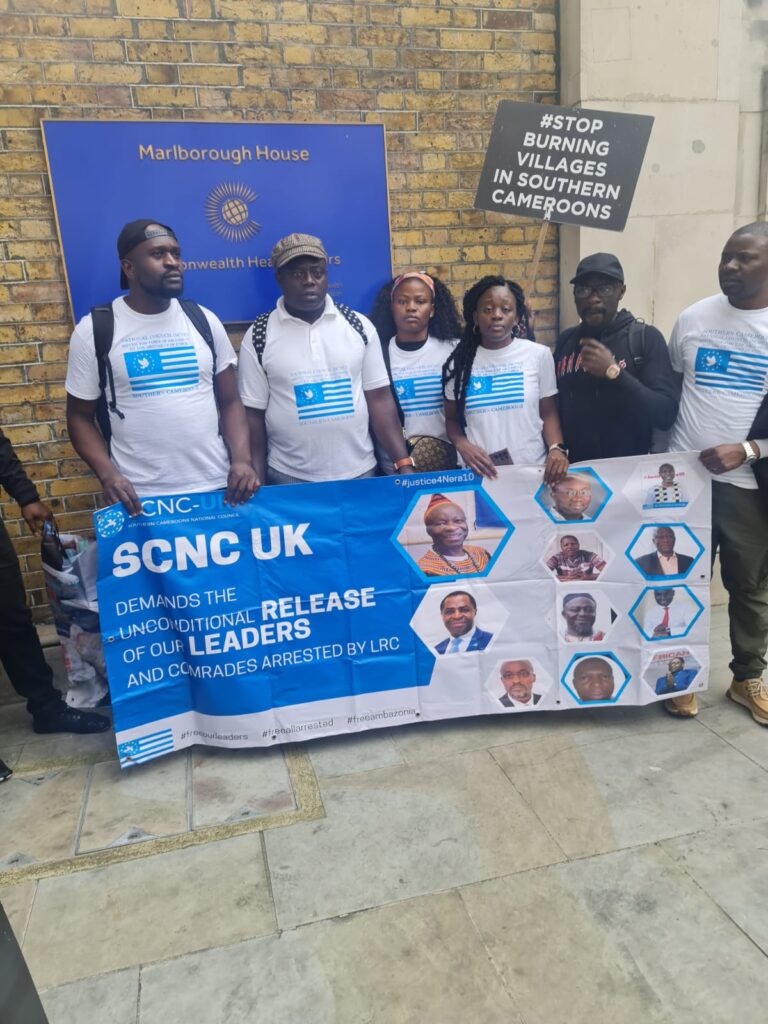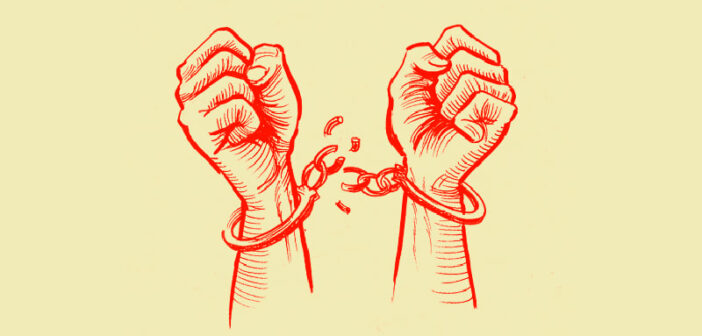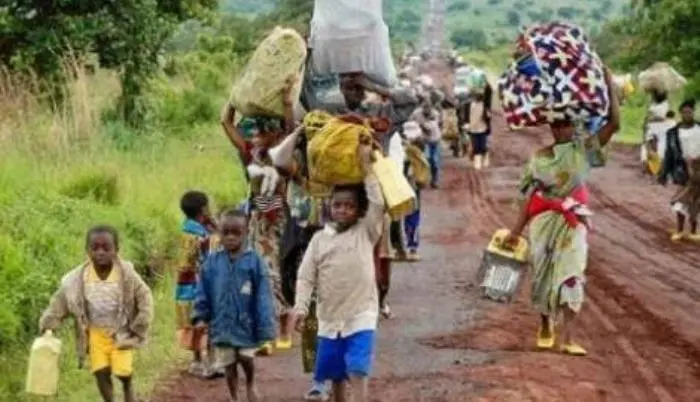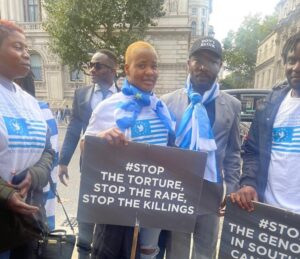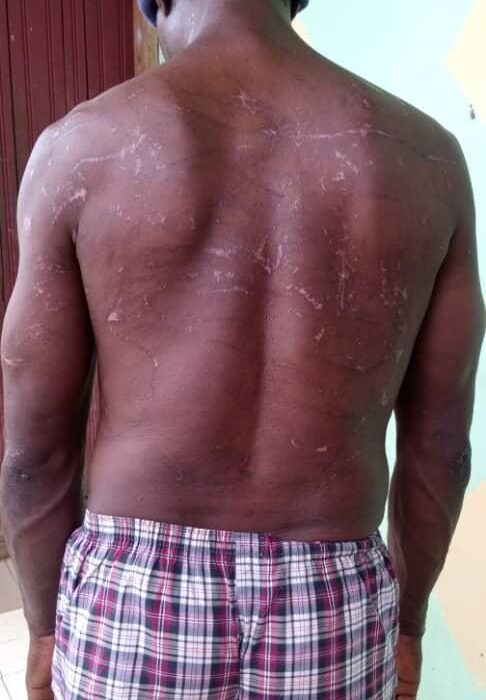The Anglophone crisis in the English speaking parts of Cameroon a retrospective analyses, personal stance and opinion.
The purpose of writing this article is too bring out a personal stance and opinion on the ongoing Anglophone crises in the English speaking parts of Cameroon between the government and the people of southern Cameroon. This crisis has been ravaging and destroying these regions of the country that is, the Northwest and southwest since 2016 till date and no substantial or long term solution has been arrived at from any of the sides involved. All parties are denying to amicably bridge their differences and settle their incongruity or adhere to the demands of the other leading to total unrest, fear and uncertainty in these regions by the military of la republique. Both sides accuse one another of some wrong doings and deny responsibility whereas the underlying causes are obvious and can’t be refuted by the government of la republique du cameroun who has been the villain all these years and seeks to continue with their malicious activities and selfish gains of exploitation and manipulation of these minority group of English speakers. I believe as a southern Cameroonian (Amazonian) who has been a firsthand victim of the total marginalization and oppression from the French speaking regime and their governance(la republique du Cameroun) a critical analysis is appropriate and required.
Southern Cameroons was the southern part of the British League of Nations mandate territory of the British Cameroons in West Africa. Since 1961 it has been part of la republic du Cameroon and has been administered by this administration. Southern Cameroon is now made up of the northwest region and the southwest region of the country. Bamenda which is capital of the northwest region with its cool climate and scenic hilly location and Buea the capital of the southwest region located on the easten slopes of mount Cameroon. The English speaking regions of Cameroon under the administration of the republic of Cameroon have been subjected to total oppression, manipulation and suppression by imposing its rule and governing on these people who seek nothing but a total unconditional liberation, freedom and preservation of their dignity, identity and culture as a people.
The Southern Cameroon National Council (SCNC) which has been the executive governing body of the southern Cameroons people organisation has been upfront in making sure the plight of the people of southern Cameroon is heard and pushed. Founded in the 90s it seeks the independence of the people of southern Cameroon from the republic of Cameroon, a non violent organisation with its Motto being the force of argument and not the argument of force. It advocates for the secession from Cameroon. Its activities has been declared illegal by the government of Paul Biya .Partaking in this organisation or any related activities invites the risk of detention, torture, arrest and even killing by the military.
It all started October of 2016 when the teachers and lawyers trade unions which were called the Cameroon Anglophone civil society consortium decided to embark on a strike which was to counter the recent appointments of French speaking magistrates in the Anglophone regions hence a big threat to the common law system. This led to a total disruption military intervention on the path of French Cameroon military, schools came to a halt and an atmosphere of total uncertainty was created. The government crackdown on the protests contributed to mainstream separatist movements. In September 2017, Amazonians separatists began to take up arms against the government and this further escalated to exchange from both parties that led to total unrest lack of peace in these 2 English speaking zones. Despite all attempts by both parties to reach an amicable understanding and solution this has proven to be futile as either party do not want to adhere to the demand of the other hence prolonging the fight and casualties. An exact number of people who have been tortured, arrested and killed or forced to flee their regions, towns to other cities of the country and even their country as a whole can’t be told as a lot has not been officially documented.
Coming from the North West Region of Cameroon Batibo to be precise I have witness first hand marginalization, discrimination, oppression and exclusion from the French speaking people in the government of la republique du Cameroun which leaves me in total sorrow and agony as I reminiscence on the treatment our people of southern Cameroon have undergone over these years . Thinking of how life used to be in my homeland of Batibo before the outbreak of this current crises I am left with tears filled in my eyes as all I can do is lament over the destruction and shambles our people have been left to endure over the last 7+ years and still counting. The painful part of the story is the oppressor being the government of Cameroon is not helping matters at all as they keep on militarising all these English speaking zones subjecting the people to constant fear, abandoning their home land to seek for refuge somewhere else, destruction of life and property and other unpleasant realities.
I personally believe every human being has the right to life, freedom of speech, right to education, freedom from slavery and torture, freedom of expression and a right to free trail but all of this has been far from the reality of every southern Cameroonian especially those who identify to be members of the Southern Cameroon National Council( SCNC) as this organisation has been declared illegal and has been banned by the government of Cameroon its members or any related activities associated them. However all hope is not lost as its eminent, evident and clear the people of southern Cameroon are determined than never before to uphold and restore their dignity, integrity and culture doing so by seeking total liberation, secession and independence from the government of Cameroon and this is seen with the frequent rallies, conferences and peaceful protest in several countries around the world. Being a proud southern Cameroonian and a member of the SCNC i stand on the status quo of total liberation and independence of our people from the hands of this tyranny and oppressing government of Cameroon and our dignity, culture and integrity restored.
By Boris Deckline Acha Mbah
